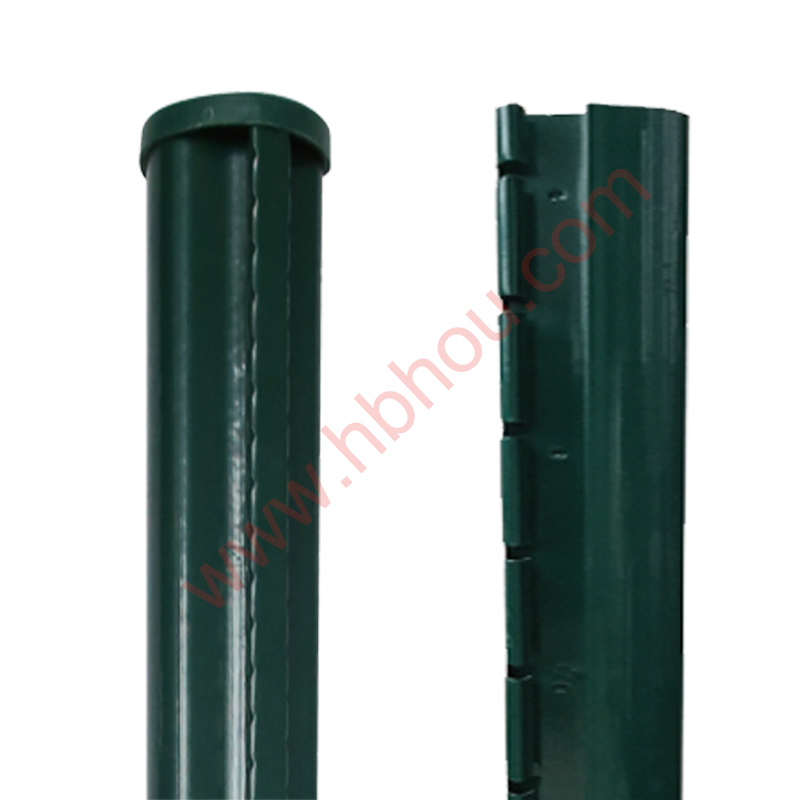Understanding Ground Screw Anchors A Sustainable Foundation Solution
Ground screw anchors have emerged as a popular foundation solution, increasingly sought after in various construction and landscaping projects. With their unique design and installation method, they present numerous advantages over traditional concrete footings, particularly in terms of sustainability, efficiency, and versatility.
What Are Ground Screw Anchors?
Ground screw anchors, also known as helical piles or ground screws, consist of a steel shaft with one or more helical blades. These anchors are screwed into the ground, piercing through soil layers to provide a stable base for structures such as decks, fences, solar panels, and even buildings. The installation process is quick and requires minimal equipment, making it an attractive option for both professional contractors and DIY enthusiasts.
Advantages of Ground Screw Anchors
1. Speed of Installation One of the most significant benefits of ground screws is the speed at which they can be installed. Unlike traditional concrete foundations, which often require curing time, ground screws can be installed in a matter of hours, allowing projects to progress swiftly.
2. Minimal Environmental Impact Ground screws are often considered a more environmentally friendly option. The installation process typically requires minimal excavation and reduces the need for concrete, which can have a significant carbon footprint. Furthermore, they can be easily removed or relocated, allowing for adjustable structures without leaving extensive soil damage.
ground screw anchors

3. Versatility Ground screw anchors are suitable for various applications, making them useful for a range of projects. They can be employed in residential, commercial, and industrial settings, and their ability to be installed in diverse soil conditions, from rocky terrain to loose sand, adds to their versatility.
4. Load-Bearing Capacity Despite their lightweight structure, ground screws offer impressive load-bearing capabilities. They can support significant weight, making them ideal for both lightweight applications, like a garden shed, as well as heavier - duty projects such as wind turbines and solar panel installations.
5. Adaptability Ground screw anchors can also adapt to different climates and locations. Their robust design means they can withstand harsh weather conditions, including heavy rains, strong winds, and freezing temperatures. This adaptability makes them a reliable choice for a wide range of geographical settings.
Applications of Ground Screw Anchors
Ground screw anchors have gained traction in various sectors due to their advantageous properties. In residential construction, they are often used for building decks and patios, providing secure foundations without extensive land disruption. In the commercial sphere, ground screws are utilized for temporary structures, such as event venues and outdoor installations, where traditional foundations would be impractical. Additionally, they have become increasingly popular in renewable energy sectors, particularly for mounting solar panels, where quick installation and minimal site disturbance are essential.
Conclusion
Ground screw anchors represent a significant advancement in foundation technology, combining efficiency, environmental sustainability, and versatility. As the construction industry continues to emphasize sustainable practices and innovative solutions, the demand for ground screw anchors is likely to grow. Their ability to accommodate various applications while minimizing ecological impact positions them as a frontrunner in modern construction techniques. As we look towards the future, ground screw anchors may well become an even more integral component of building practices, redefining how we establish secure foundations in a rapidly changing world.
















